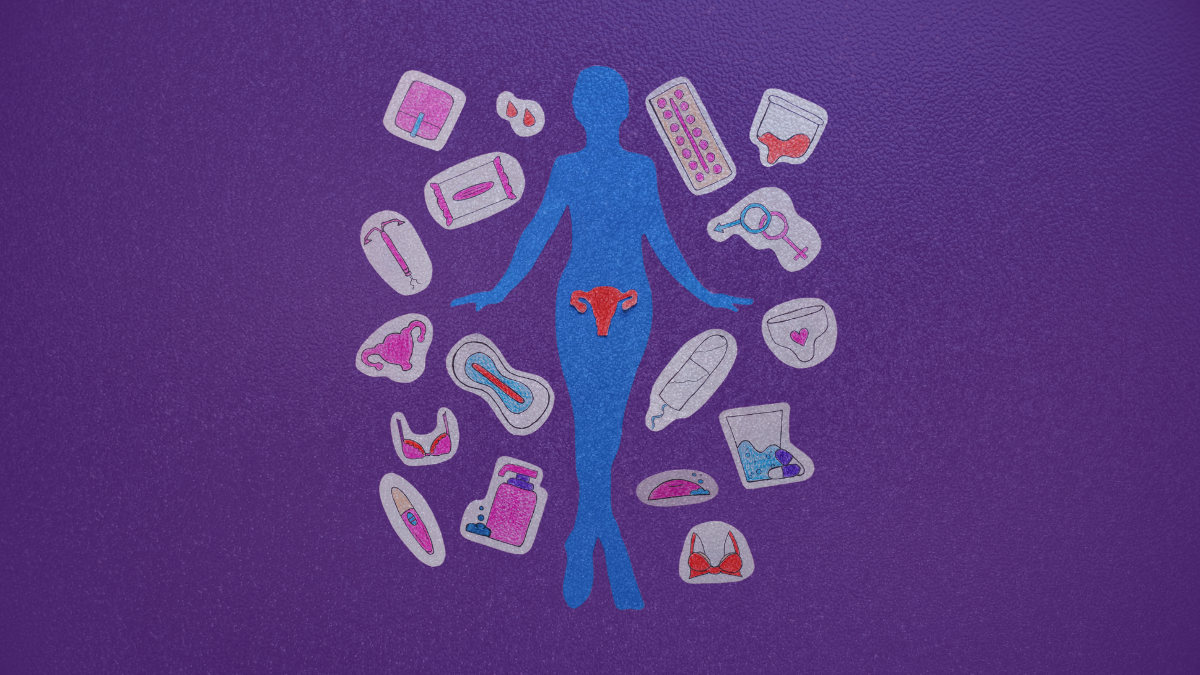Source: NC Newsline
Last week, advocates across the country participated in Period Poverty Awareness Week, a national call to action to view menstrual supplies not just as health necessities but as fundamental educational tools.
According to the Alliance for Period Supplies, 27 states and Washington D.C. have passed legislation to help students who menstruate have free access to period products while in school. However, a majority of these states provide districts with no additional funding to support those efforts.
In North Carolina, public school districts and charter schools used funding from the state grant program for menstrual products that the legislature started in 2021 with $250,000. NC Newsline reports that in the state grant program’s first two years, the money ran out within a week.
“Responses to the grant application demonstrated a great need for feminine hygiene products to be available in school, as school may be the only place some students have access to these products,” a state Department of Public Instruction report states.
“As many grantees indicated, there is a direct link between student academic success and the provision of hygiene products in school. When students know that they can access hygiene products at school and do not experience anxiety and fear of not knowing when or where they will have the products they need, they are able to learn better and are more likely to stay at and come to school during their periods.”
One in four students who menstruate experienced period poverty in 2021, according to the Alliance for Period Supplies. Prior to the COVID-19 pandemic, four in five students reported either have missed class time or knew a classmate who missed class time because they did not have access to period products.
“As these reports have stated and evidence has clearly shown, there is a great need for these products to be available in school,” state Rep. Julie von Haefen, Wake County, told NC Newsline.
Local groups, like the Period Power Coalition and Free Period, are attempting to fill the gap by providing hundreds of supplies to school districts in Chapel Hill and Charlotte. However, more investments towards initiatives are crucial to ensuring that students do not miss out on their education due to a lack of access to these necessary items.
“Students should not be responsible for financing critical resources,” Elise Chang, co-founder of Free Period at Chapel Hill High School, told NC Newsline. “This work cannot be done alone. So we are looking to our legislators for that support”.





